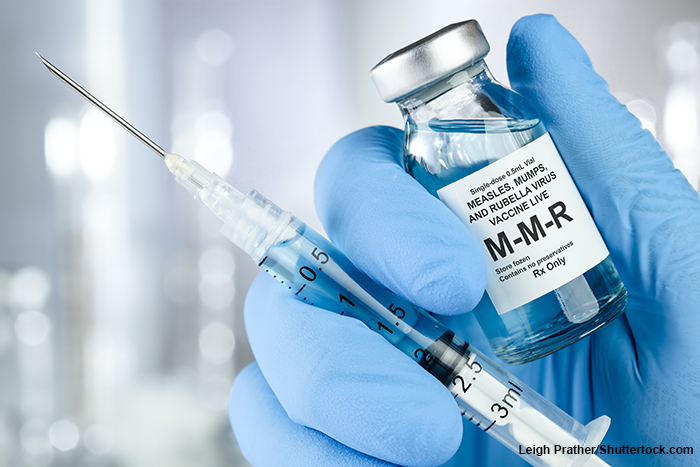Rubella is a disease caused by a virus. This condition is also called German measles. Rubella infection is not as harmful to the health of the pregnant mother as other viral infections. This can be mistaken for a common cold or flu. After that, spots like measles may appear on the skin. Most of the time this will heal on its own within 7-10 days and taking a medicine like paracetamol will be enough to control the fever and other symptoms.
But this virus can infect the fetus through the placenta. Along with that, the effect on the child will change depending on the period of time the virus is in the body. If a pregnant mother is infected with rubella in the first few months, the child may develop a serious condition called Congenital Rubella Syndrome. Such children are born with severe defects of the heart and nervous system, severe impairment of eyesight and hearing, and birth defects such as mental retardation. In addition, conditions such as stillbirth, miscarriage, weight loss and premature birth are caused by rubella infection. When the disease strikes after the first three months, the possibility of such severe complications is quite low. But due to this, there is a chance that the child will have conditions such as hearing loss.
There is an immunization for rubella. It can prevent the disease and damage to the fetus. By getting this vaccine earlier or by contracting rubella, the body develops immunity against this disease. Women who have such immunity are less likely to catch rubella during pregnancy. Earlier the rubella vaccine was given only to women, but now every child is given the MMR vaccine through the National Immunization Program. It provides immunity to all three diseases namely measles, mumps and rubella.
If you are a woman hoping to become pregnant, you should definitely check if you are protected against rubella. If you forget that you received the vaccine earlier, you can see a doctor and get the vaccine again. Women expecting to become pregnant within three months and pregnant women are not recommended to receive this vaccine. Then a blood test (Rubella antibody test) can be used to find out if there is immunity against rubella disease. If the test confirms the presence of rubella antibodies, the risk of contracting rubella during pregnancy is very low.



